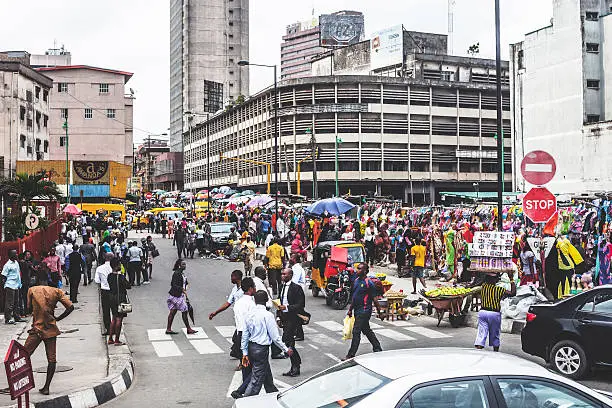Nigeria’s economy is plagued by hardship, poverty, and insecurity. Despite being blessed with abundant natural and human resources, the country’s declining internally generated revenue and foreign exchange earnings, coupled with rising debt service payments, have pushed it toward bankruptcy. Corruption among elected officials compounds the problem, leading many to perceive that Nigeria’s developmental resilience is broken.
Although Nigeria’s decline is real, it is not the whole story. The country still has sectors, opportunities, and areas that can be exploited to boost overall productivity and development. The key is to develop Nigeria’s human capital, including formal education, skills acquisition, vocational training, and entrepreneurship.
Human capital refers to the skills, knowledge, and experience of a country’s workforce. It is the intangible asset that drives economic growth and development. The more skilled and knowledgeable the workforce, the more productive they are, and the greater the potential for economic prosperity.
Nigeria has a large and growing population, with over 200 million people. However, the country’s human capital has not been fully utilized due to a lack of investment in education and training. According to the World Bank, Nigeria’s human capital index (HCI) is one of the lowest in the world, ranking 152 out of 157 countries. This means that the country is not fully leveraging its human capital potential, which is hindering its economic growth.
Investing in human capital is critical to unlocking Nigeria’s economic potential. A skilled workforce can drive innovation, productivity, and competitiveness. It can attract foreign investment, create new businesses, and increase employment opportunities. The more skilled and educated the workforce, the higher the wages, and the greater the purchasing power of the people, which in turn, spurs economic growth.
Investment in education is crucial to developing human capital. Education is the foundation upon which human capital is built. According to the United Nations Development Programme, Nigeria’s literacy rate is just 59%, with a significant gender gap. This means that millions of Nigerians are unable to read or write, which limits their potential and hinders their ability to contribute to the country’s economic growth.
Investing in education means improving the quality of education, increasing access to education, and ensuring that education is relevant to the needs of the labor market. It must also create policies that encourage more girls to attend school and complete their education. Educated women have a significant impact on economic growth, as they are more likely to enter the workforce, earn higher wages, and invest in their families and communities.
In addition to education, skills training and lifelong learning are also critical to developing human capital. The world is changing rapidly, and workers must continuously update their skills to remain competitive in the labor market.
Investment in human capital can check Nigeria’s high unemployment rate, which stands at 33% or 23 million people. Additionally, this investment can provide the best situations for work and lifestyles, giving non-educated Nigerian youths the advantage of participating in the economy in all its aspects. Harnessing the vocational skills of these youths can create a path toward economic freedom.
Investing in skills training means providing workers with the necessary skills to perform their jobs, as well as providing them with opportunities to learn new skills and technologies. The government can partner with the private sector to develop training programs and apprenticeships that equip workers with the skills they need to succeed.
The government must also invest in infrastructure to support human capital development. This includes building roads, bridges, and other transportation infrastructure that connects people to education and training opportunities. It also means investing in digital infrastructure, such as broadband and internet connectivity, that enables workers to access online training and education.
Human capital is the key to unlocking Nigeria’s economic potential. Investing in education, skills training, and lifelong learning will increase productivity, spur innovation, and create employment opportunities. The government must prioritize human capital development by increasing funding for education, improving teacher training, and building more schools. It must also create policies that encourage more girls to attend school and complete their education. Additionally, it must provide workers with the necessary skills and training to compete in the labor market, and invest.














